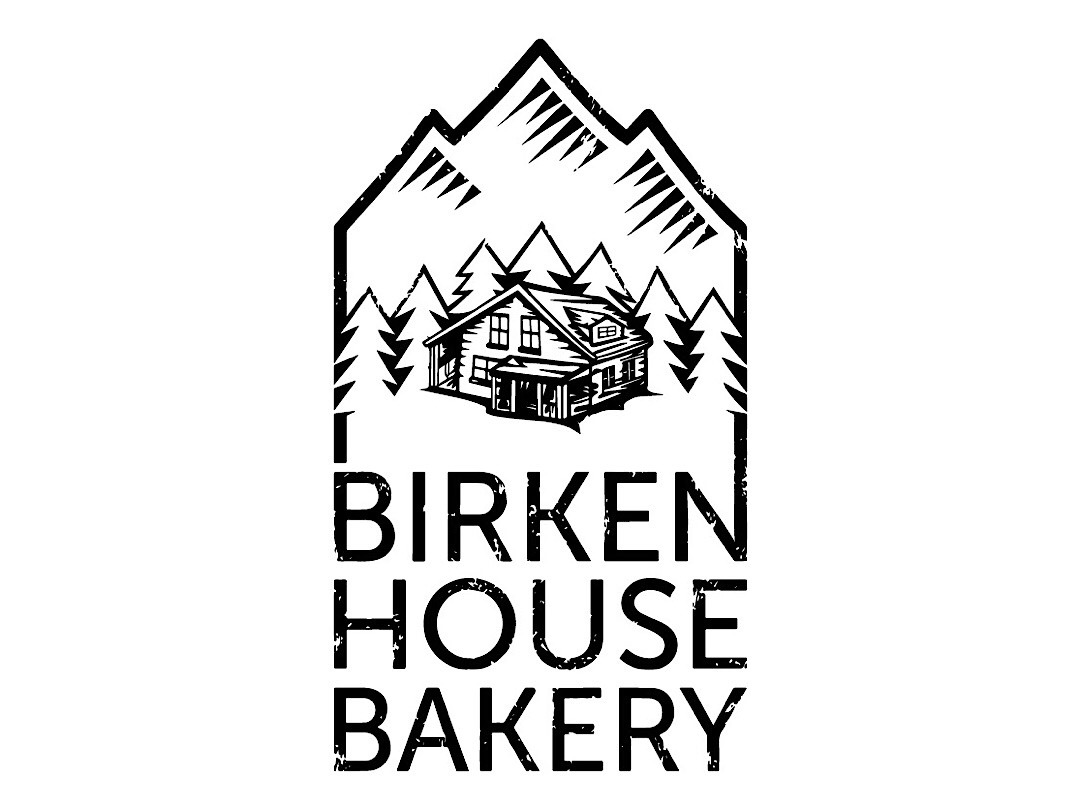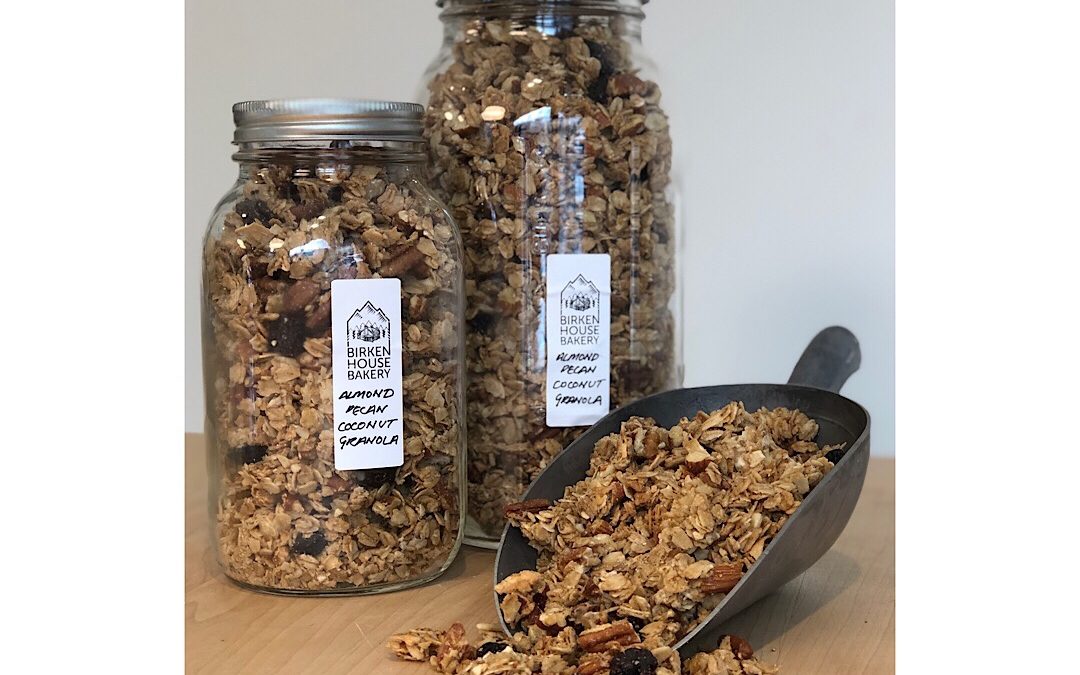Recently I’ve been spending a lot of time thinking about packaging. As a baker, it’s always seemed crazy to me that a product that has a shelf life of a few days should be wrapped in packaging that lasts for hundreds of years. In the Pemberton area we’re fortunate that lots of our plastic packaging can now be recycled at the transfer station, but I’m more than a little concerned that much of this plastic will end up in a landfill somewhere anyway, due to it being contaminated, or there not being a market for it.
When I started the bakery, I really wanted to follow the Cradle to Cradle principle- that all my packaging should be reusable or compostable. Living in Birken, it also made more sense to me that it should be backyard compostable- driving my compost to Pemberton so it can be trucked to Whistler to an industrial compost facility is better than shipping plastic to China or India for recycling, but it’s still not ideal.
If we’re just selling bread at the Farmer’s market, packaging is not a big problem- bread and pies go in compostable paper bags or cardboard boxes, jam goes in a reusable jar. At Christmas, we use compostable cellophane (made from wood cellulose), raffia (a fibre from palm trees) and reusable silver bells. The packaging has a cost, and it’s built into the product. However, once we started selling granola, it became a bit more challenging. At first we sold it in olive jars that we had on hand, with a small deposit, but they take several weeks to come back and many never do. We needed a more permanent solution, and for now that involves purchasing larger jars, which come at a significant cost. We’ve therefore decided to work on a refill principle. We’re selling granola in two sizes- 900ml and 1.8L. The small size will cost $10- $8 is for the granola, and $2 for the jar. If you’re a repeat customer and return your last jar, the cost will be $8. If you want to keep the jar and reuse it for something else, that’s great. The large size will cost $20, which includes $4 for the jar. That means the refill cost, if you return your jar, is $16. If you want to keep the jars, it’s easy to purchase new lids for them in any store that sells canning supplies. Better still, if you have the same jars in good condition taking up space in a cardboard box in your basement, get in touch and I’ll buy them from you. The good news is that there are many companies working on making backyard compostable ‘bio-plastics’, and we’ll soon have more options.
We know it’s a little inconvenient- you have to save your jars and remember to bring them back. It’s just like remembering to bring your reusable bag when you go to the grocery store. We hope you agree with us that in the bigger picture, it’s worth it.


